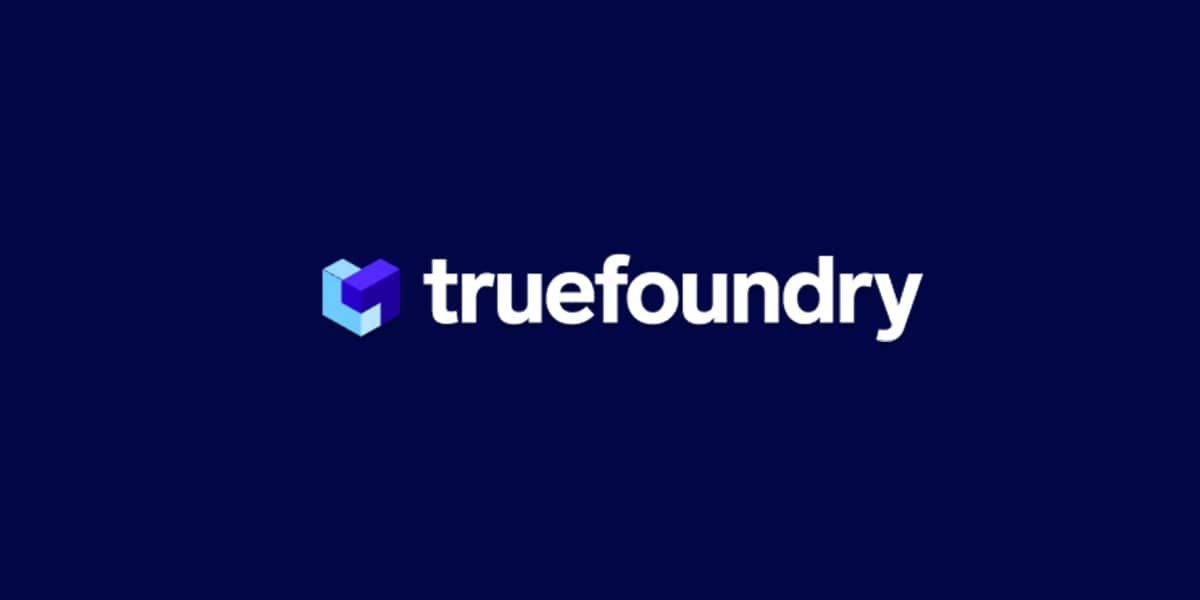TrueFoundry Secures $19 Million Series A Funding for AI Platform
TrueFoundry, an innovative platform dedicated to AI deployment and scaling, has successfully raised $19 million in Series A financing, spearheaded by Intel Capital. Other investors include existing backers Eniac Ventures and Peak XV’s Surge, alongside new participant Jump Capital and multiple angel investors, such as Gokul Rajaram, Mohit Aron, Cyan Banister, in addition to executives from Fortune 1000 firms.
Avi Bharadwaj, serving as the investment director at Intel Capital, will take a seat on TrueFoundry’s board of directors.
This startup, based in Bengaluru and San Francisco, had previously secured $2.3 million in seed funding, also led by Peak XV’s Surge, back in September 2022.
The latest round of funding promises to empower TrueFoundry in its goal to develop a universal platform for creating and implementing AI applications without infrastructure hurdles, as detailed by the company in a press release. The investment is expected to bolster essential growth strategies, including team expansion and the enhancement of go-to-market plans aimed at boosting customer acquisition and business development.
TrueFoundry’s Cloud-Native Platform for AI Applications
TrueFoundry’s cloud-native platform is crafted to streamline machine learning (ML) training and deployment, allowing enterprises to manage AI applications with greater efficiency. By teaming up with leading companies such as Games 24×7 and Whatfix, TrueFoundry enhances ML scalability and optimises infrastructure efficiency.
According to Nikunj Bajaj, the CEO and co-founder of TrueFoundry, enterprises leveraging their platform have managed to establish and launch internal AI platforms in a mere two months, achieving a return on investment (ROI) within four months—this is significantly faster compared to the industry standard of 14 months.
Integration and Future Growth Opportunities
As stated by the company, their platform seamlessly integrates with various clouds, models, and frameworks, effectively avoiding vendor lock-in while ensuring deployments are aligned with the latest AI trends, including RAGs and Agents.
This funding round is a follow-up to a remarkable year of growth for TrueFoundry, which saw a fourfold increase in customers year over year, the establishment of over 1,000 ML clusters, and collaborations with renowned global organisations such as Siemens Healthineers, ResMed, Automation Anywhere, and NVIDIA.









